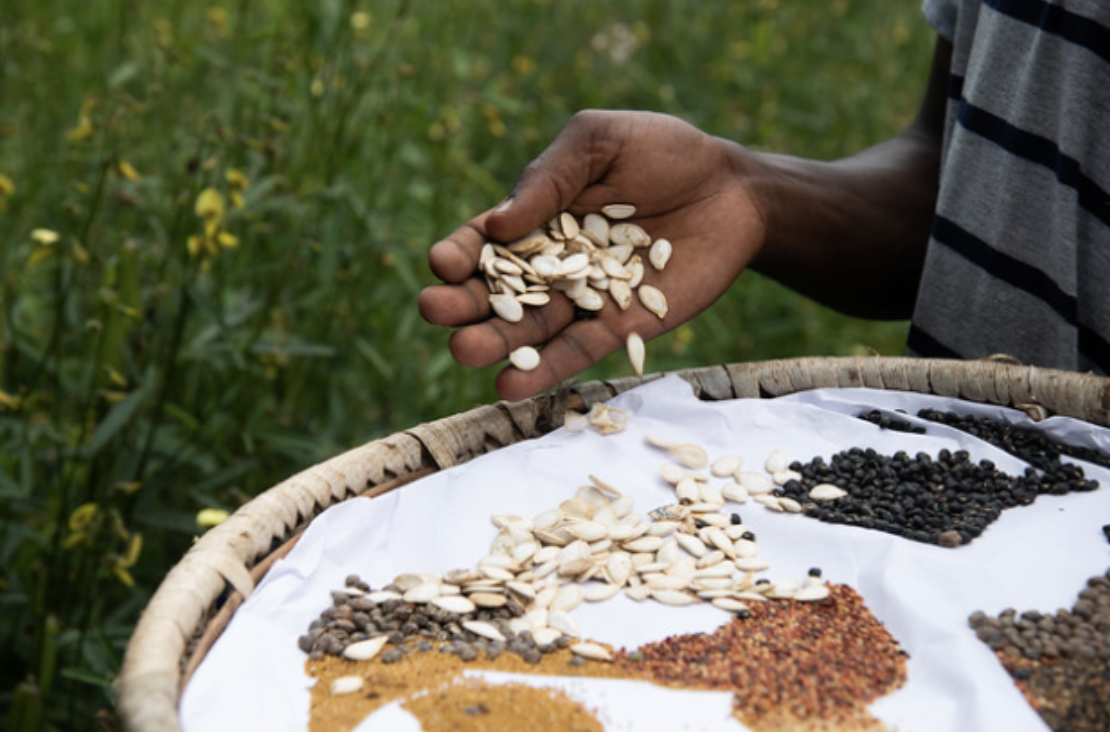United States Bans Avocado Imports from Mexico in Response to Violent Threat Towards U.S. Safety Inspector
Avocado imports from Mexico halted after an inspector from the U.S. Department of Agriculture received an intimidating phone call (Flickr).
On February 12, the United States placed a ban on avocado imports from the Mexican region of Michoacán in response to a threatening phone call received by an inspector from the U.S. Department of Agriculture. The United States enforced the ban on the eve of Super Bowl Sunday, a day which generally sees a large increase in demand for avocados.
The details of the phone call remain unclear. However, this call is one of many instances of intimidation in Michoacán’s avocado business in recent years. This violent trend in the industry is linked to increased cartel activity in the Michoacán region, where organized crime syndicates attempt to gain a piece of the profit generated by Mexico’s “green gold.” In the last decade, the region has become a battleground for competing drug cartels vying for dominance in avocado production. Small avocado farmers in Michoacán have not been spared in the conflict, as many farmers have reported threats of death or kidnapping directed towards them and their families, should they refuse to pay protection fees to cartels.
Michoacán is currently the only Mexican region authorized to export avocados to the United States and accounts for 80 percent of the United States’ avocado supply. An interruption of avocado exports could present steep economic challenges for the Michoacán region as well as both countries as a whole. As of February 2022, avocados are sold at an average price of $1.43 each in the United States, an 11 percent increase from the price in February 2021. Shortages prompted by the freeze on imports from Mexico can drive that number even higher. In Michoacán, avocado exports to the United States yielded over $2.8 billion and provided more than 300,000 jobs, which are now jeopardized with the halt in trade.
Local and central authorities in Mexico, as well as the United States government, expressed a strong interest in keeping the exchange of avocados as smooth and secure as possible. The U.S. embassy in Mexico published a statement on its social media accounts writing, “We are working with the Mexican government to guarantee security conditions that would allow our personnel in Michoacán to resume operations.” Michoacán Governor Alfredo Ramírez Bedolla stressed the importance of continued collaboration with state police to ensure the safety of both workers in the industry and U.S. inspectors. Mexican President Andres Manuel López Obrador, however, pointed the finger at the Biden administration rather than the drug cartels, claiming that the import ban is a plot by the Biden administration to give domestic avocado farmers an advantage over Mexican exporters.











